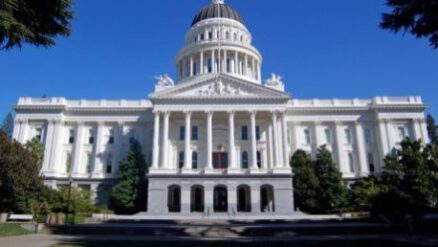Many new California cannabis bills have been introduced in the State Legislature with a flurry of last minute bills arriving last week before the February 18 deadline to introduce bills. This is a roundup of the new California cannabis bills that have been introduced in 2022.
Lawmakers in 2022 proposed new cannabis laws addressing a range of topics including packaging, cannabis retailers selling hemp products, criminal convictions, rolling back state law to make cannabis a felony, veterinarians, physicians, cannabis research, employment discrimination, selling cannabis at events with alcohol, cannabis cultivation taxes & excise taxes, insurance, juvenile court, a new temporary cultivator event retail license, civil penalties, retail sales by curbside pickup, a new cannabis caterer license, the Cannabis Control Appeals Panel, health care facilities, warnings in labels & advertising, equity cannabis licensees, interstate agreements for commercial cannabis activity, and the theft of water. We have much more detail on all of these new bills.
See the full list and read more about each of the current California cannabis bills in the complete 2022 California Cannabis Law Legislative Update.
August 31 is the last day for any bill to be passed in 2022. September 30 is the last day for the Governor to sign or veto bills.
The State Legislature is somewhat restricted in changing California cannabis laws. The Control Regulate and Tax Adult Use of Marijuana Act of 2016 (AUMA), an initiative measure approved as Proposition 64 at the November 8, 2016, statewide California general election, authorizes the California Legislature to amend its provisions by a bill passed with a 2/3 vote of each house of the Legislature, if the amendment furthers its purposes and intent. AUMA also authorizes the Legislature to amend other provisions by a bill passed by a majority vote if the bill implements specified substantive provisions and the amendments are consistent with and further the purposes and intent of the act.
Contact us by phone or email to learn more about California cannabis law including state, county or city cannabis licensing and cannabis regulations, cannabis regulatory compliance, and cannabis litigation.

